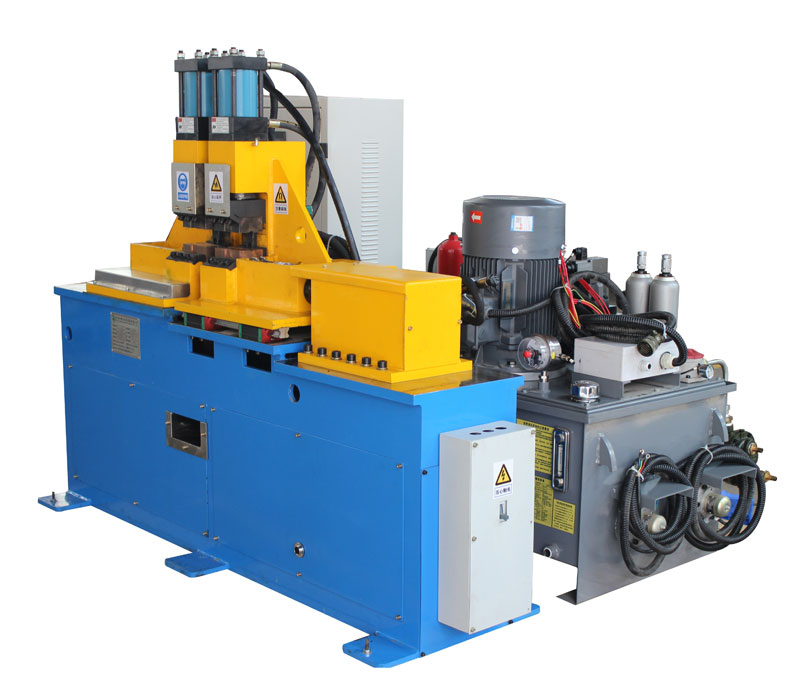Advantages of Butt Welding Machines in Mold Welding?
Butt welding machines offer significant advantages when it comes to mold welding applications. Understanding these benefits is crucial for welders and professionals in the welding industry to appreciate the role of butt welding machines in achieving superior results when welding molds. This article explores the advantages of using butt welding machines in mold welding, emphasizing their contributions to precision, efficiency, and weld quality.
- Superior Precision: Butt welding machines excel in providing precise and controlled welds, making them ideal for mold welding. The machines’ ability to control welding parameters, such as current and electrode withdrawal speed, ensures precise weld bead formation and minimal heat-affected zone, crucial for intricate mold geometries.
- Reduced Heat Input: Mold welding demands a delicate balance between achieving proper fusion and minimizing heat input to prevent distortion or damage to the mold. Butt welding machines offer controlled heat input, ensuring minimal thermal impact on the mold during welding.
- High Weld Quality: The precise control and reduced heat input provided by butt welding machines contribute to high-quality welds in mold applications. The resulting welds exhibit excellent fusion integrity, mechanical strength, and durability, critical for molds subjected to demanding operating conditions.
- Versatility in Mold Materials: Butt welding machines offer versatility in welding various mold materials, including steels, tool steels, and non-ferrous alloys. This adaptability allows welders to work with diverse mold materials, meeting the specific requirements of various mold-making industries.
- Efficient Welding Speed: Efficiency is a paramount factor in mold welding, where precise welds must be completed quickly. Butt welding machines offer efficient welding speed, increasing productivity and reducing mold downtime.
- Minimized Post-Weld Machining: High-quality welds produced by butt welding machines reduce the need for extensive post-weld machining, streamlining mold production and minimizing production costs.
- Welding Automation Compatibility: Butt welding machines are compatible with welding automation and robotic systems, further enhancing their advantages in mold welding. Automated welding processes ensure consistency, repeatability, and enhanced efficiency.
- Enhanced Welding Safety: Butt welding machines come equipped with advanced safety features, prioritizing the safety of welders and the welding environment during mold welding operations.
In conclusion, butt welding machines offer significant advantages in mold welding applications, making them indispensable tools in the mold-making industry. Superior precision, reduced heat input, high weld quality, versatility in mold materials, efficient welding speed, minimized post-weld machining, welding automation compatibility, and enhanced welding safety are key attributes that set butt welding machines apart in mold welding. By harnessing the capabilities of these machines, welders and professionals can achieve exceptional welding results, meeting the exacting demands of mold-making industries. The advantages of butt welding machines in mold welding contribute to advancements in welding technology, supporting innovation and progress in various industrial sectors.
